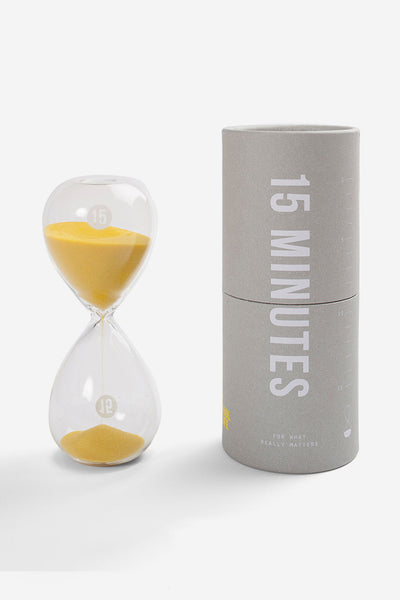Trouble sleeping? How Coronavirus could be causing anxiety disorder.
The effect of Covid-19 on our mental health and sleep.
You are not alone if you still suffer from poor sleep at this stage of coronavirus.
A Chinese study released this month, reveals that Covid-19 has had a powerful impact on the mental health and sleep quality of the public.
Those that spent more than 3 hours a day thinking about the pandemic were found to develop generalised anxiety disorder (GAD). Over one-third of interviewed participants were recognised as having GAD, particularly those aged under 35.
As many of us face job losses, financial stress, and drastically less time with friends and family, catching the virus itself is just one of the worries we share around the world.
Similar findings were reported from India. A study from June’s edition of the Asian Journal of Psychiatry noted that “more than 80% of the people were preoccupied with the thoughts of COVID-19”. This has caused 1 out of 8 to have difficulties sleeping.
In particular, individuals that stay in isolation, either for fear of contracting COVID-19 or fewer opportunities to socialise caused by social distancing, may be at risk of “significant distress”.
A psychological report reviewing quarantine found that detachment from others and lack of freedom have been shown to increase insomnia, depressive symptoms, and post-traumatic stress.
How to prevent anxiety and get better sleep
1. Controlling our thoughts
The good news is, we can prevent GAD and traumatic stress by regaining control of our thoughts.
Studies show that holding a bleak outlook promotes fear and health problems such as trouble sleeping, so we must discipline our minds.
By choosing to filter out many negative sources we can stop the cycle of despair. For example, restricting how much of the news we watch and read, and keeping our conversations and attitudes positive.
The power of a strong positive mind has been well documented, especially in the physical healing of the body. In sports psychology research, it has been found that positive imagery, goal setting, and positive self-talk, increases the physical healing of athletes who have an injury.
The more we focus on the positive aspects of our lives, and see any challenges with a positive outlook, the more positivity will manifest itself. Though we cannot always control our environment, we have complete control of our emotional reactions and our thoughts.
2. Social interactions
Maintaining a healthy social life is also one significant way we can combat anxiety, reduce mental health problems, and get better sleep.
A medical research paper released earlier this year found a notable link between Covid-19, social interaction and good sleeping habits.
They found that participants that had more “social capital” during the coronavirus pandemic, had less stress and less trouble sleeping.
We can improve our social capital - our feeling of “social trust, belonging and participation” - by regularly interacting with friends, family, and receiving emotional support from others.












